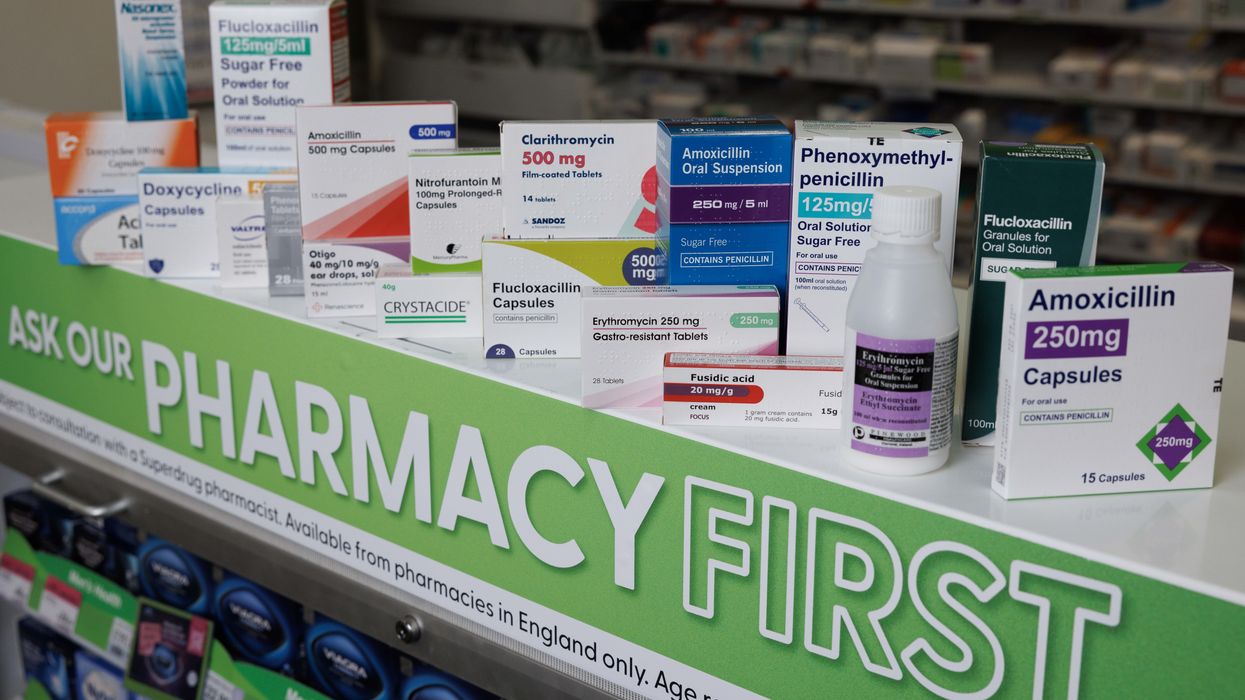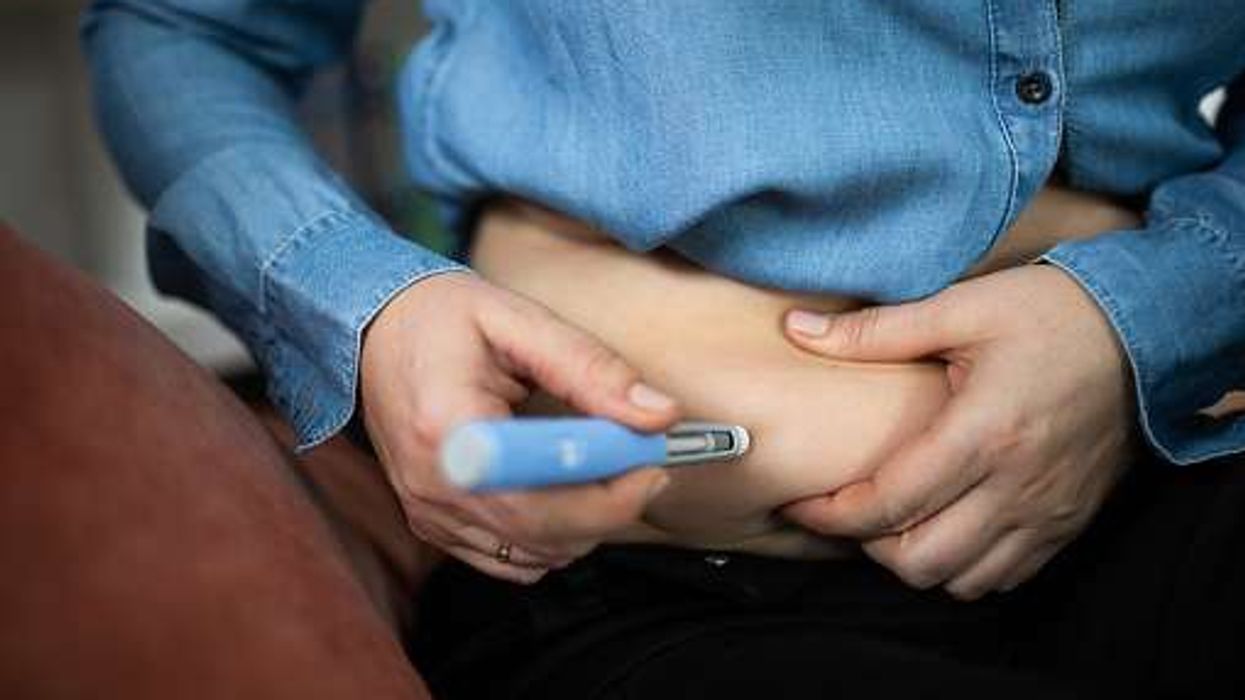The NHS is facing a range of long term challenges which needs to be countered with prevention, enhance personalized care and sustainable performance, health and social care secretary Sajid Javid said on Tuesday (March 8).
In his speech on healthcare reform at the Royal College of Physicians in London, he said: “We face some long-term challenges: how to keep the NHS focused on delivery while futureproofing it for changing demographics and disease; how to meet rising patient expectations and address the injustices of widespread disparities; and how to deal with an unsustainable financial trajectory while backing the brilliant people who work in health and care.”
Javid emphasized on three key points for healthcare reform – prevention, personalization and performance.
He said, prevention is not just about building a ‘national hospital service’ but a true ‘National Health Service’.
“The NHS spends vast sums treating people whose conditions are avoidable - and by some estimates 40 per cent of its costs go on treating preventable conditions.
“So I want us to shift to a new mode of operating – one that’s about helping the whole population to stay healthy, not just treating those who show up asking for help.”
He noted that primary care along with GPs, pharmacists and dentists must be at the heart of this new agenda on prevention.
The second point, personalization focuses on delivery of more personalised care, empowerment of patients and fulfilment of the technological leaps that was seen during the pandemic.
The third point, Performance emphasizes on ensuring the NHS delivers the British people the very best healthcare in the world.

Welcoming Javid’s statement on recognizing pharmacists’ role at the heart of prevention, Royal Pharmaceutical Society England chair Thorrun Govind said: “Pharmacists working across the health service will be crucial to supporting the NHS recovery and how we transform services for the future.
“Medicines are the most common health intervention in the NHS and pharmacists will be central to supporting ambitions around personalized care, shared decision-making and ensuring best value for taxpayers.
“We also know that pharmacists will play a leading role personalized medicines and how we can identify and treat disease.
Govind said pharmacists can help manage growing demand on the NHS by supporting people with long-term conditions, but this must foster fresh thinking on service commissioning, including making the most of pharmacist independent prescribers.
She added that future reforms should “create the right incentives across primary and secondary care to drive integration and collaboration.”
“We also need to see sustained investment in the pharmacy workforce, supporting and upskilling existing staff and ensuring a pipeline of pharmacists for the future, as well as the accelerated roll-out of read-write access to patient records for pharmacists wherever they may work.”
Welcoming the secretary’s principles for healthcare reforms, Association of Independent Multiple Pharmacies chief executive Dr Leyla Hannbeck, said community pharmacy and all the staff working in it “are perfectly placed and trained to deliver them all.
“It’s an exciting and promising vision and community pharmacies are keen to be part of it. What we require now is the detail, what’s expected of us. We hope to be listened to and involved in the very early planning stages, not as in the past- just given sparse and ill thought through orders at the 11th hour.”











